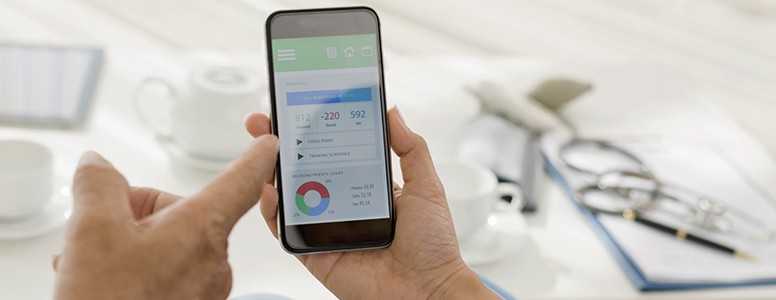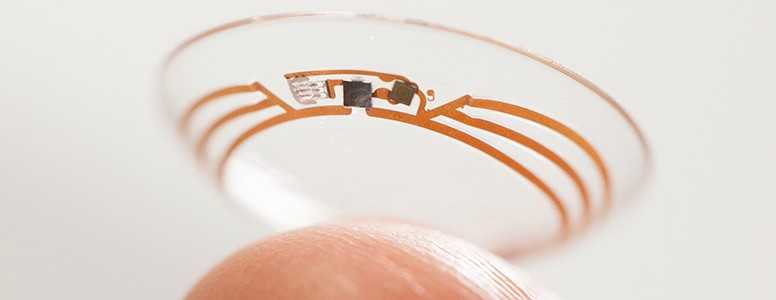Health Secretary Jeremy Hunt has recently announced that consent-based data from mobile health apps and wearable activity trackers such as Fitbits will feed directly into people’s personal health records.
Hunt said that users will soon be able to securely share their own personal health data from a new list of NHS-approved apps and other technology collected by mobile devices and linked directly into patients’ records.
Speaking at the NHS Expo event in Manchester, Mr Hunt introduced his health software plan as part of a series of measures to help put patients proactively in control of their healthcare destiny.
The hope is that by combining device-based findings with medical records, health software could be able to offer doctors a more complete medical profile for users, facilitating feedback and disease management.
This comes after a recent Care Quality Commission (CQC) review on diabetes care in England revealed that the NHS must do more to help people with diabetes self-manage their condition as the challenge posed by the disease is “enormous”.
According to the report, the current way 3.5 million patients with diabetes are cared for is unsustainable and accounts for 10 per cent of the NHS budget.
However, by better supporting people to manage their diabetes through plans like Mr Hunt’s, complications that arise from the disease could be avoided and the NHS could potentially save billions of pounds too.
The extent to which people are supported to successfully self-manage their disease appeared limited until now. The CQC review highlighted some great examples of community diabetes care but everyone who lives with diabetes often can’t access the right level of personalised care.
For example, a lot of patients do not attend existing education courses on diabetes and those at high risk of developing type 2 diabetes are not always identified in time and supported to become healthier.
To address this, the new NHS IT package presented by Mr Hunt includes among other things plans for a revamped one-stop NHS website. Patients will be able to use an online symptom checker, read up on all manner of the disease, and compare how well their local diabetes health service performs against others.
Meanwhile, over the next 12 months, NHS England will approve and publish a library of health apps and connected wearables in areas like mental health and chronic conditions like diabetes so people can use digital technology to manage their healthcare.
Google tried a similar approach to medical records management and analysis years ago with Google Health service, but shut it down after it failed to gain much of a user base. However, that service was not primarily mobile. The apps Mr Hunt refer to have a huge number of users to build upon.
What is going to change with apps is the way that they link directly into our own medical records, which holds promise to help all parts of the healthcare system make self-care a real priority for the benefit of patients and the future of the NHS.
What's new on the forum? ⭐️
Get our free newsletters
Stay up to date with the latest news, research and breakthroughs.








